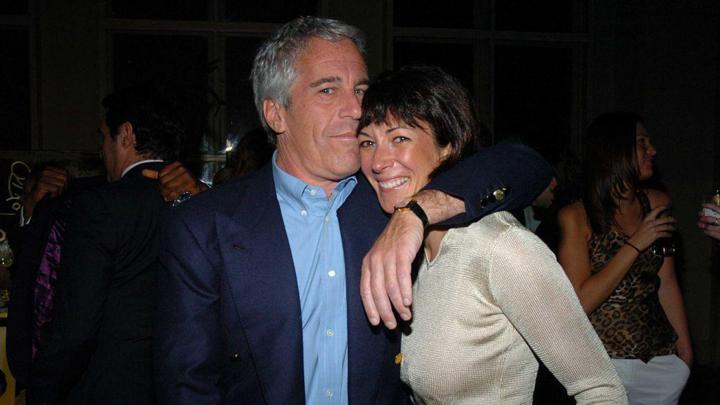As many as six candidates for Germany's far-right AfD have died in recent weeks ahead of local elections in the big western state of North Rhine-Westphalia.
Police have made clear there is no evidence of foul play in the deaths, but it means that new ballots will have to be printed and some postal voters will have to recast their ballots.
North Rhine-Westphalia has a population of 18 million and a reported 20,000 candidates will run for office in its 14 September local elections.
The number of deaths has nevertheless raised questions on social media. The state's interior ministry has pointed out that candidates from other parties, including the Greens and Social Democrats, have also died.
The AfD became Germany's second biggest party in February's federal elections, spreading from its eastern heartland to areas of the west too.
The domestic spy agency classified it in May as a right-wing extremist organisation this year, before placing a pause on that description. In three eastern states, its AfD associations are still listed as extremist.
Initial reports centred on news that four of its candidates had died, and then the deaths of two reserve candidates also emerged, prompting a flurry of conspiracy theories on social media.
AfD co-leader Alice Weidel made no effort to quash the speculation, reposting a claim by retired economist Stefan Homburg that the number of candidates' deaths was statistically almost impossible.
However, asked about the rumours in his party, the AfD's number two figure in North Rhine-Westphalia, Kay Gottschalk, acknowledged that the information available does not support these suspicions. He emphasized the need for careful investigation of the cases while considering the families involved.
Police confirmed that the four initial deaths were either from natural causes, or further information was withheld for reasons of family privacy. The additional two deaths have been characterized similarly.
AfD strategists are hoping for gains in North Rhine-Westphalia's local elections, seen as the first test of voter sentiment since the new federal government took office.
The party had previously polled just 5.4% in the last state elections, but showed a significant increase to 16.8% in the recent federal elections. Current polls suggest a possibility of them exceeding former numbers.
The party has gained support from several prominent US figures on the right, including tech billionaire Elon Musk, who recently reiterated his endorsement of the AfD's migration policies.




















